NIL collectives are not going away despite effort to eliminate pay-for-play

The College Sports Commission (CSC) was established post-settlement to become the NCAA’s enforcement agency for NIL payments. Two weeks ago, this organization sent out guidance for how rules would be forced and how third-party NIL deals would be approved. Those rules did not last long.
Yahoo Sports’ Ross Dellenger reports that the CSC and House settlement plaintiffs have met in the middle in an effort to not totally eliminate collectives.
“Attorneys for the House plaintiffs have struck an agreement with the power conferences and NCAA officials to amend the decision-making from the industry’s new enforcement arm, the College Sports Commission, related to how booster-backed collectives can compensate athletes,” Dellenger reported on Tuesday. “Multiple sources spoke to Yahoo Sports under condition of anonymity.”
“As part of the agreement, the College Sports Commission is expected to treat collectives or any ‘school-associated entity’ in a similar fashion as other businesses when determining the legitimacy of third-party NIL deals submitted to the CSC’s NIL Go clearinghouse.”
That is different from the memo that the CSC sent out on July 10 where the commission stated that a “valid business purpose” was needed for any NIL deal to be approved. That essentially told collectives that they could not operate like normal. As always, the attorneys went to work.
Top 10
- 1Hot
Cats demolish Purdue
When do we play the hard teams?
- 2New
'96 comparison
Pope is thinking '96 after Purdue win
- 3New
Highlights
Let's go ahead and relive that
- 4
UK vs. Purdue
Live updates
- 5Live
RAPID REACTION
The takes a FLYING!
Get the Daily On3 Newsletter in your inbox every morning
By clicking "Subscribe to Newsletter", I agree to On3's Privacy Notice, Terms, and use of my personal information described therein.
Instead of a hard cap with the $20.5 million that school had allotted to revenue share with athletes, this creates what is essentially a soft cap. Athletic departments will still have collective money available to supplement their player payrolls. This additional compensation will allow some heavy hitters to continue to go above and beyond to create the best rosters money can buy.
There are now some guardrails regarding player compensation but they aren’t very enforceable yet. That will remain the case until there is collective bargaining or the SCORE Act is passed in Congress. The latter is a bill that “codifies the settlement, grants liability protection, preempts state NIL laws & includes anti-employment clause” which will give the NCAA and the CSC the teeth it needs to potentially combat collectives and truly eliminate pay-for-play occurring through booster-driven fundraising. But until that happens, collectives will continue to operate. The SCORE Act is currently moving through stages on Capitol Hill and could be up for a floor vote soon.
There is also a chance that an executive order could be passed that could give college athletics some temporary authority power. As always, things remain fluid as college athletics attempts to find stability post-settlement.
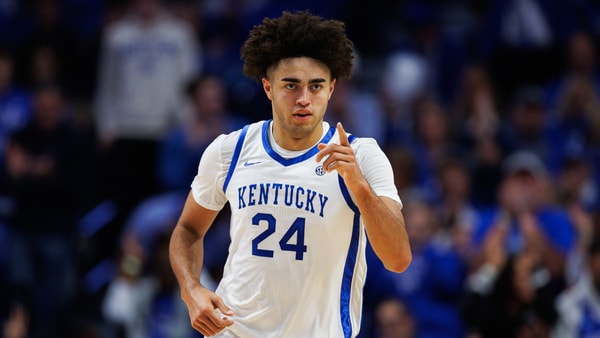
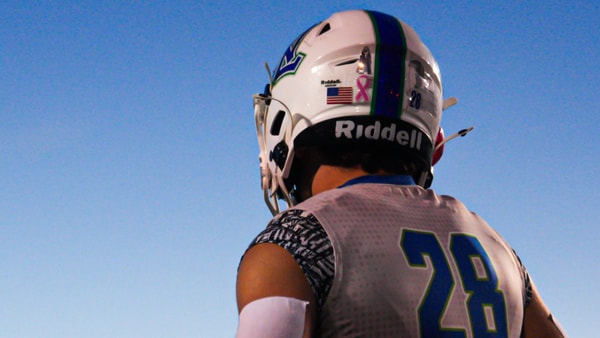
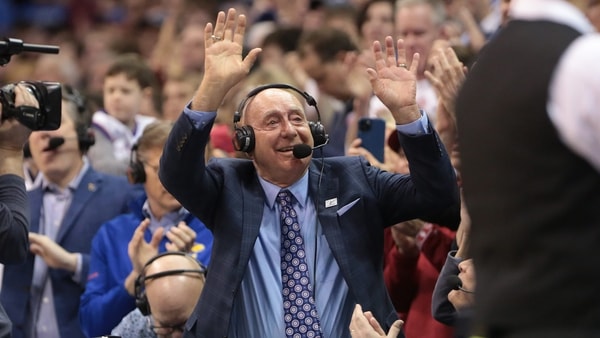
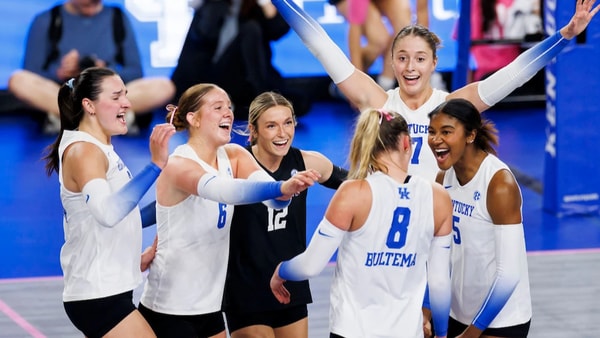
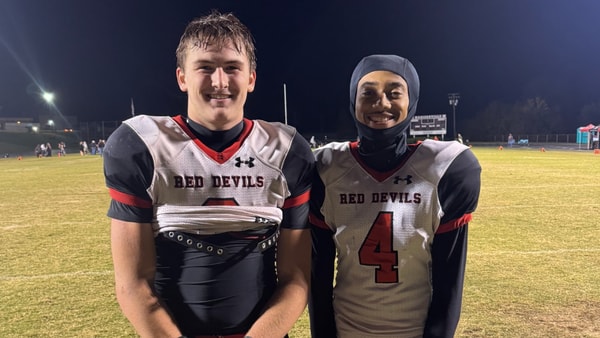
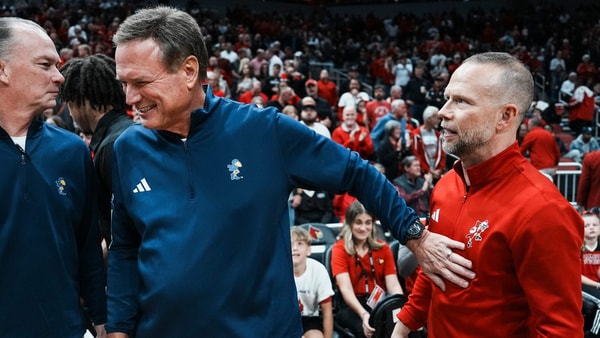
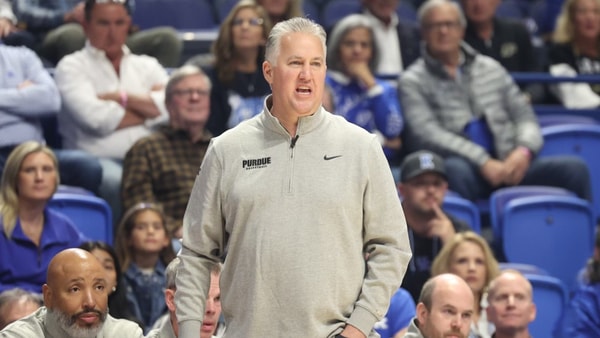
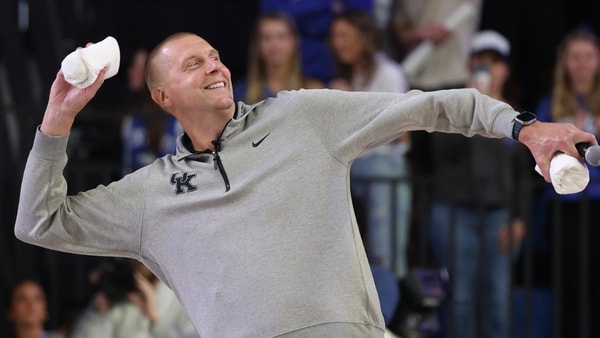
Discuss This Article
Comments have moved.
Join the conversation and talk about this article and all things Kentucky Sports in the new KSR Message Board.
KSBoard